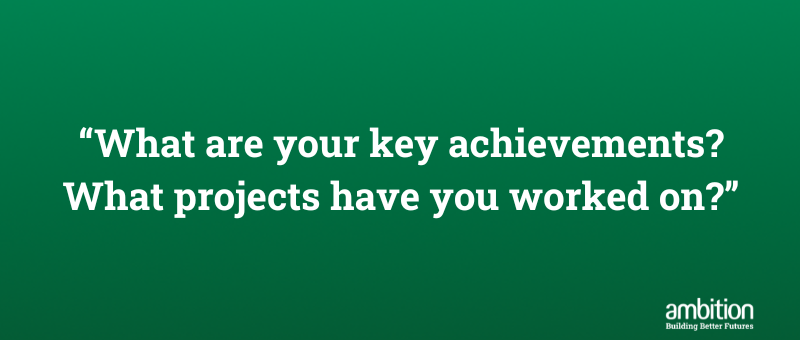Please beware of recruitment scams that are currently targeting jobseekers. Click here for further advice.

What to expect when interviewing for a role in Infrastructure
The role of the infrastructure employee has become integral to businesses in recent years. With the rapid rise of the digital age, companies are growing their teams to cope with the increased demand of designing, building, deploying, and evaluating IT infrastructure. This makes the world of infrastructure, in particular finding a job in infrastructure, a competitive market with companies not only fighting for the best talent on the market but also searching for people that can implement the best technology ensuring all IT systems that support their business run efficiently.
Interviews in the infrastructure space have also evolved with rising demand. Companies want the best and will be careful about who they select. For a permanent role, don’t be surprised to discover that some companies may have a 5-stage process, depending on the level of the role and company. For a contract role, there may be a shorter process however there will still be some common stages which we will break down further below:
Phone screening
Often overlooked as part of the interview process as it may be with your recruitment agency or a member of the talent team, this is the first stage of any interview process and should be prepared for as such.
An initial phone screen is usually used to filter through large amounts of applications so it might be fairly short and used to gauge your experience and fit for the role. Make sure you have your key achievements to hand and have a brief synopsis of your experience ready to talk through.
Technical interview
The next stage of the process will be a technical-style interview. This can take place in many forms however the emphasis will be on your technical skills and ability. What are your key achievements? What projects have you worked on? Your experience with the technical skills listed in the job description.
** It is important here to provide thorough detail on technical understanding. One way to do this is to provide evidence-based answers, discussing where you have had experience with the technical skills in question in your past roles, whether that is by talking through your participation in projects, or by discussing an environment you have supported. It will depend on the role of the interviewer and how much detail you will be going into, if this is a technical person at a similar level and understanding to yourself, you will want to be granular with your technical answers. Being too high level can leave uncertainty with the interviewer that you have a sufficient level of understanding.
The best part of the technical interviews is that they are often conducted (or at least attended) by another engineer. This is your time to shine as you are talking to someone who understands your language!
Over the years I have had many candidates tell me that they have enjoyed this stage of interviewing. This is down to the fact that they have been able to go into detail about their role with someone who understands what they are passionate about.
Even across leadership positions, you will still experience a technical interview however the main difference will be the technical questions may be geared more towards you and how you have developed them over time.
*experience leading technical teams, and your ability to lead strategically on technical projects, without necessarily having a hands-on level understanding across all of the technologies utilised by the team.

Behavioural interview
With the technical interviews over we now move into behavioural-style interviews. In short, this interview style will go through your strengths, weaknesses, and key achievements, with a focus on giving examples of previous scenarios to support your answers.
This interview is normally conducted by a manager who will want to know your drivers, why you want this job and whether you would work well within the business.
Other typical questions that may come up would be scenario-based questions such as; “Tell me about a time when you have”…. ‘dealt with a difficult stakeholder’, ‘dealt with conflict in your team’, ‘failed at something in your career’
Using the STAR method to structure your answers will help you provide the evidence and specifics they are looking for whilst keeping your answers on topic and naturally flowing.
(See more on the STAR method here)
Final stage
In most cases your final stage will be the behavioural interview with the Manager however in some cases you may be required to meet the CIO for final sign-off. Depending on the level of the position you are interviewing for this interview will most likely be less about the depth of your tech knowledge and more about your personal goals and aspirations.
Maximising recruiter support
After each interview lean on your recruiter to answer questions, provide information on the next phase and ensure you can make a clear decision when the time comes.
Remember it’s a 2-way street so make sure you have all the information you need to evaluate whether this position is right for you.
Use your recruiter as a sounding board to talk through your thoughts, concerns and queries. Your recruiter will be highly skilled in negotiating and securing the right deal for you so lean on them.
If you would like more information on any of the above, please contact our Technology Consultants by clicking here.







